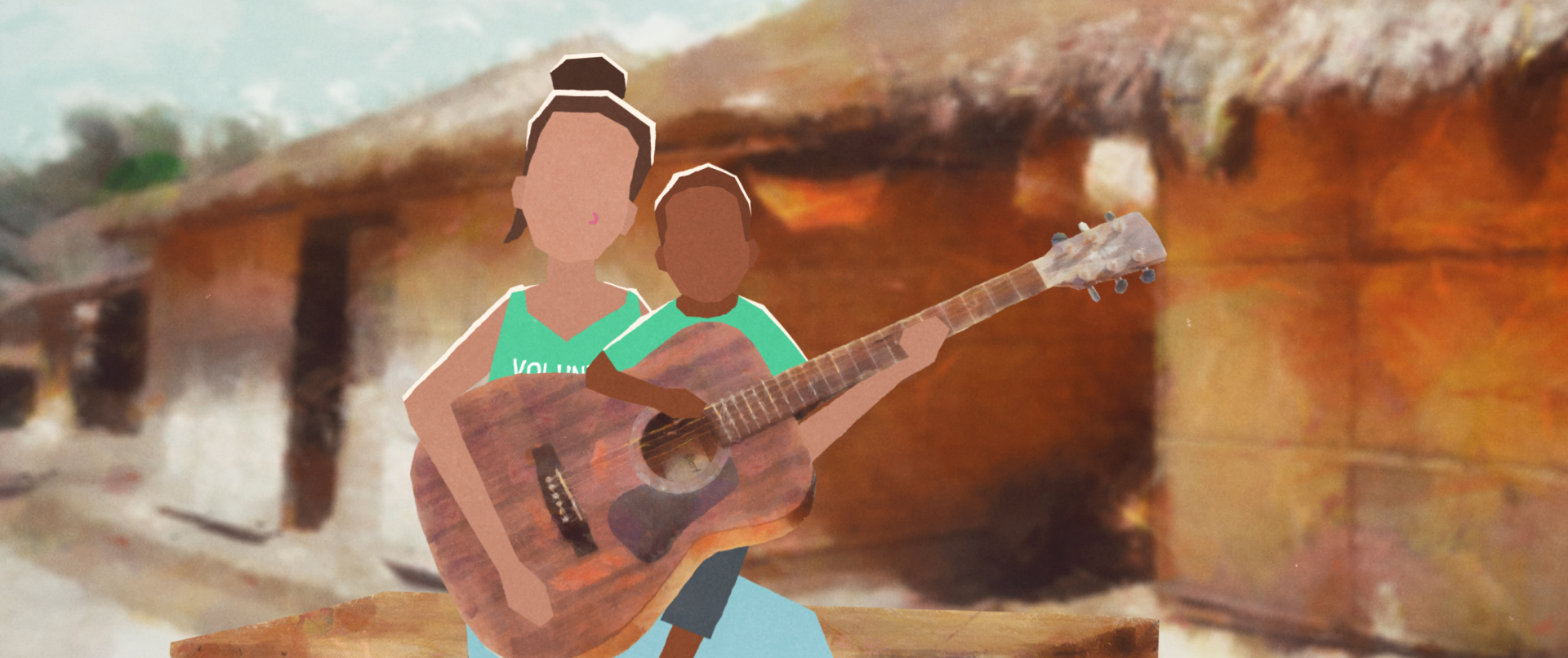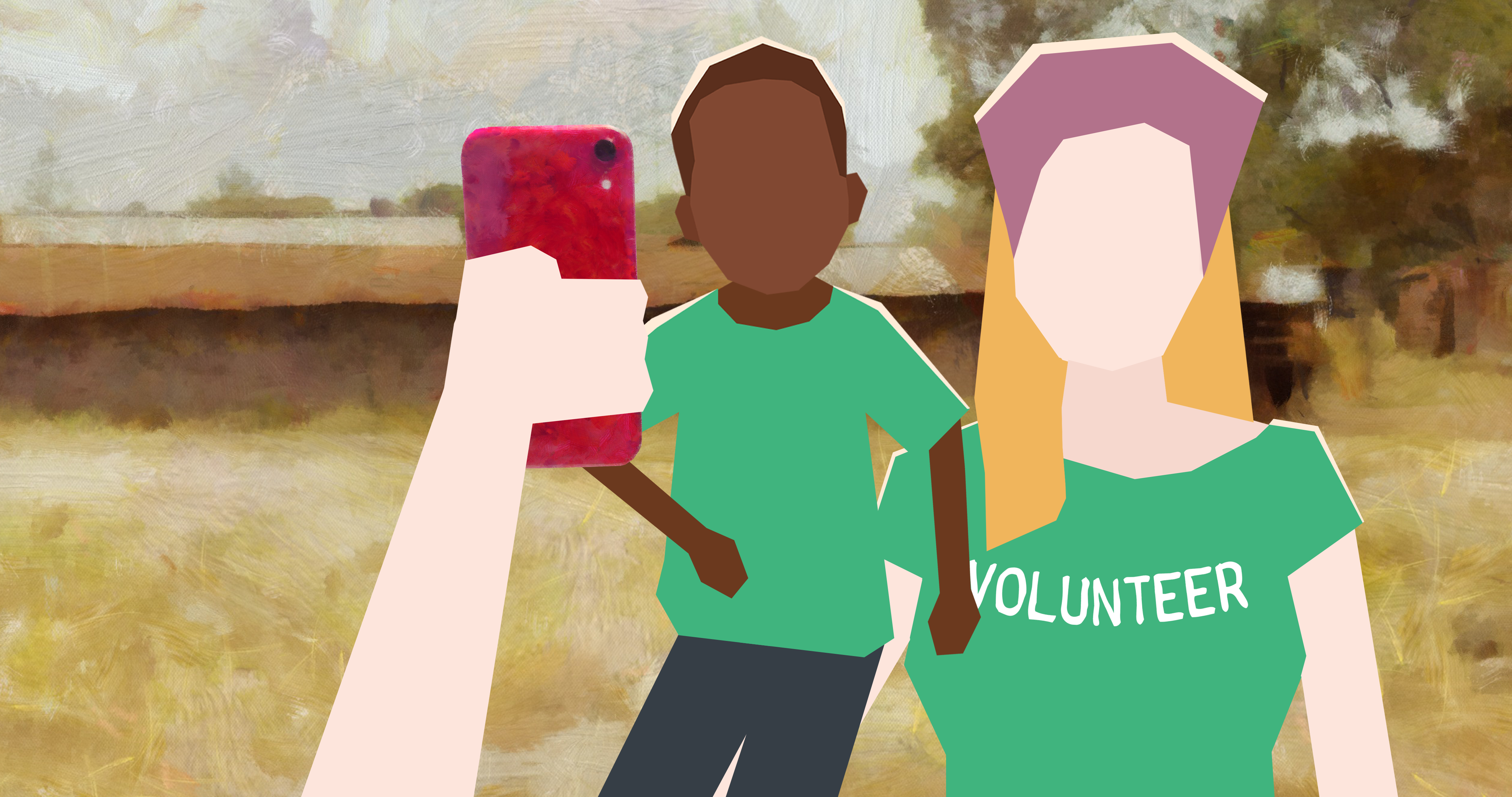Lydia’s story: From orphanage volunteer to family care advocate
Lydia’s story: From orphanage volunteer to family care advocate
Previously describing herself as the “ultimate advocate for orphanage volunteerism”, Lydia shares from her personal experience what she has learnt about orphanages, family care and the best ways of supporting vulnerable children overseas.

When I was 17, a missionary family visited my church and shared the story of how God called them from a relatively affluent town in the south of England to a country in Latin America. I remember sobbing as they spoke about their dangerous encounters with gangs and the different trials they faced while seeking to protect and advocate for the lost and vulnerable. This was one of the first times that I felt God place orphans on my heart.
My church had always been very passionate about social justice and this undeniably influenced me. I was encouraged to be generous and was supported wholeheartedly when I had opportunities to volunteer. Knowing God’s heart for justice and my desire to work with children and care for the vulnerable led to what I believed was the only logical solution: I was called to start an orphanage overseas – because if orphans have no home, then an orphanage has to be the solution.
At least, that’s what I thought.
I spent a great deal of time looking to firstly volunteer in an orphanage overseas, but I was met with frustration, either by the lack of opportunities my favourite charities offered or the amount of money I would need to raise. A few people suggested going to university, but I felt that the need was too great to be wasting time getting educated!
Eventually I ended up on a church internship, during which I visited an overseas children’s village for a few weeks. Although it wasn’t an orphanage, it confirmed to me that gathering as many vulnerable children as possible into an institution of some form was the best thing to do. I was the ultimate advocate for orphanage volunteerism.
Soon after, I went through a phase of buying every Christian book I could find on overseas mission, development and social justice, including ‘When Helping Hurts’ by Brian Fikkert and Steve Corbett. I had assumed that the book would primarily be about when helping hurts me, and although this is a part of it, I conveniently ignored the tagline which states, ‘alleviating poverty without hurting the poor and yourself’.
It would be an understatement to say I was shocked to find out that my good intentions could hurt others – I thought I was faultless! It had never occurred to me that being unqualified and uneducated could actually cause harm.
It took more than reading this book for me to fully comprehend this, including reading more around the topic, going to university, being kindly challenged by those with more experience, and a lot of prayer.

It seems quite simple now – if you want to be a doctor, for example, you cannot walk into a hospital and demand a job when you have no experience and no degree. It takes many years of training and hard work in order to become a doctor. So why do we sometimes feel that we are automatically qualified to do ‘development’ when we have no knowledge on how to do it properly? I’m not denying that God can’t use us in spite of our mistakes and sometimes hasty actions in the name of ‘doing good’, but it is foolish and irresponsible of us to try and help without having the required knowledge and wisdom.
Another gap year, several volunteer trips abroad and almost an entire degree later, my story has drastically changed. Five years ago, I had good intentions but was unfortunately misinformed and influenced by a broken world offering broken solutions.
It is true that there are children around the world without a safe home or family, it is true that something desperately needs to be done, and it is also true that God calls some of his followers to travel overseas. However, we need to challenge what we’ve historically thought to be the solution. Volunteering at an orphanage, or even starting one, is not the answer.
As I have come to learn, and as many years of research shows, children’s development and well-being is seriously jeopardised when growing up in institutional care. Due to issues of poverty, families can feel compelled to give their children away, and this continues to be perpetuated by streams of volunteers creating a market industry for orphanages. No matter how well-run the institution may be, whether it’s an orphanage or a children’s village, children belong in families and deserve the commitment and love that only a family for life can bring.
I still believe that God has placed caring for orphans on my heart, but it looks different to what I originally thought. We aren’t all called to serve overseas, especially when uneducated and unqualified, even if we do feel a deep longing to protect and advocate for the lost and vulnerable. We can act on those desires by supporting and being generous towards organisations promoting family care and tackling issues of poverty at the source – let’s all commit to going on that journey together.






